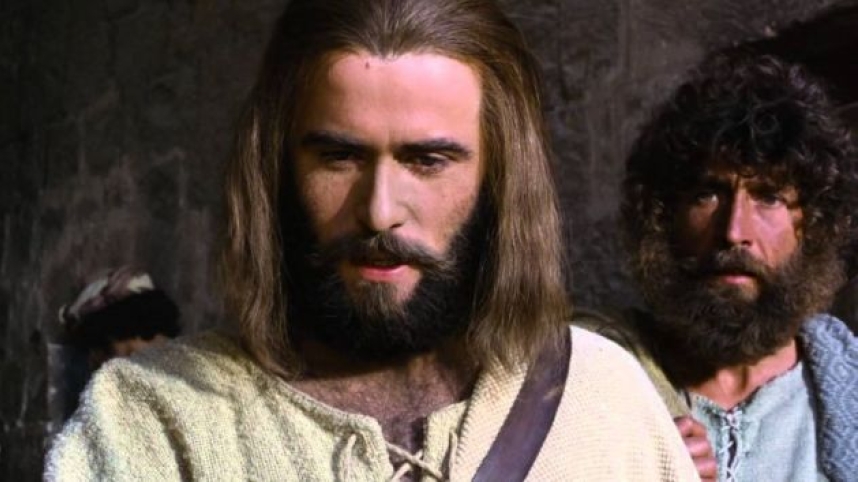
Leprosy victims in a small village in South Sudan have been ostracized by society due to their disease, but they were recently able to hear the Gospel and watch a reenactment of Christ healing the sick when a ministry screened the "Jesus" film.
A ministry called Partners in Compassionate Care (PCC) recently went to Junglei state to provide medical aid and share the Gospel to a small leper colony.
In an interview with Mission Network News, PCC's Staurt Bowman detailed the suffering of the leprosy victims in the village.
"These people, many of them don't even have fingers. They don't have toes," Bowman told Mission Network News. He noted how one woman had lost a significant part of her hands but was still able to use the audio Bible device that the ministry distributed.
Apart from providing necessary aid to the leprosy victims, the ministry screened the "Jesus" film using a solar-powered video projector.
"Just to see the reaction of Jesus healing people– I think it leaves a lot of questions, but when we talk about the healing that God brings inwardly towards people, and how he can restore them in a relationship where they can praise and worship Jesus because of their sins being forgiven, it was a real experience to sit down with them and to pray and have almost every single person there accept and just commit their life to the King," Bowman told Mission Network News.
Although leprosy is now curable, its victims remain stigmatized in South Sudan where the disease is still considered as a curse. Apart from being ostracized, leprosy victims in Junglei state also face other dangers, such as conflicts between tribal groups, food shortages and other diseases.
Bowman said that he and his team considers spiritual healing to be the most important part of the ministry, but they also want to help the leprosy victims with their physical needs.
The ministry has set up a hospital and some satellite clinics in the region. The facilities do not reject patients for lack of funds, but they are given the chance to pay the ministry back by helping out the team.
The Jesus Film Project, which holds screenings of the film around the world, has recently completed the 1,500th language translation of the movie. In March last year, the organization announced that it completed the film's translation to Daasanach, which is spoken by an ethnic group living in parts of Ethiopia, Kenya and Sudan.
The translation of the film is part of the organization's initiative called Mission 865, which aims to share the movie with speakers of the remaining 865 language groups in the world by 2025.









